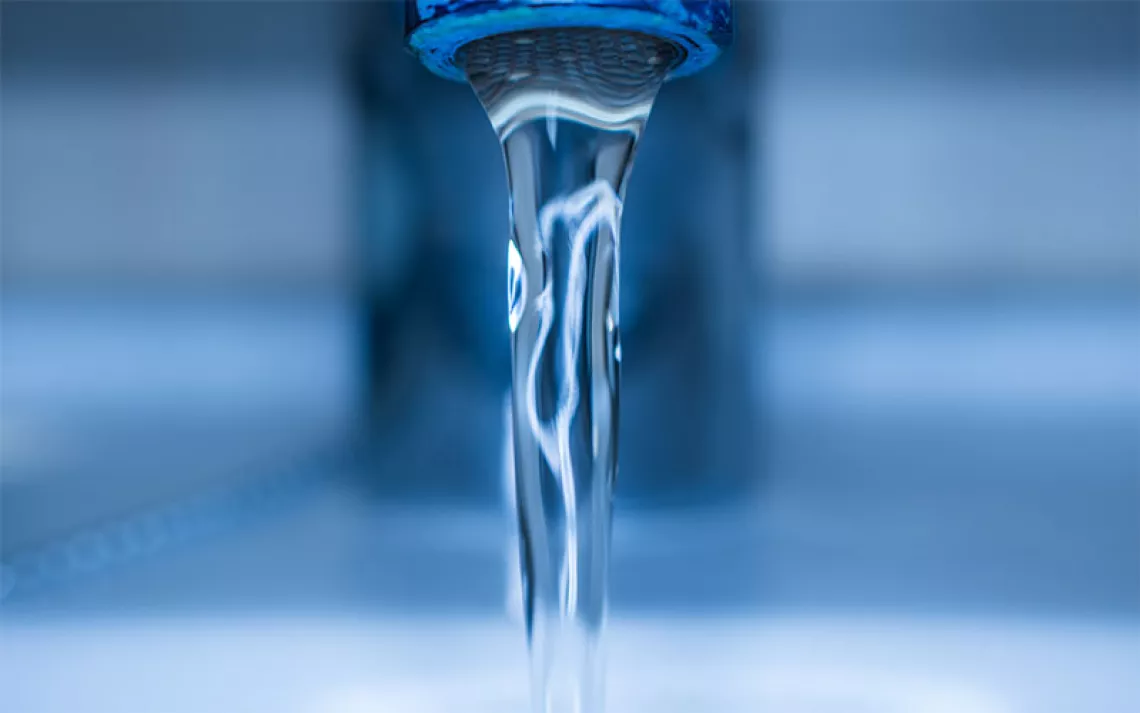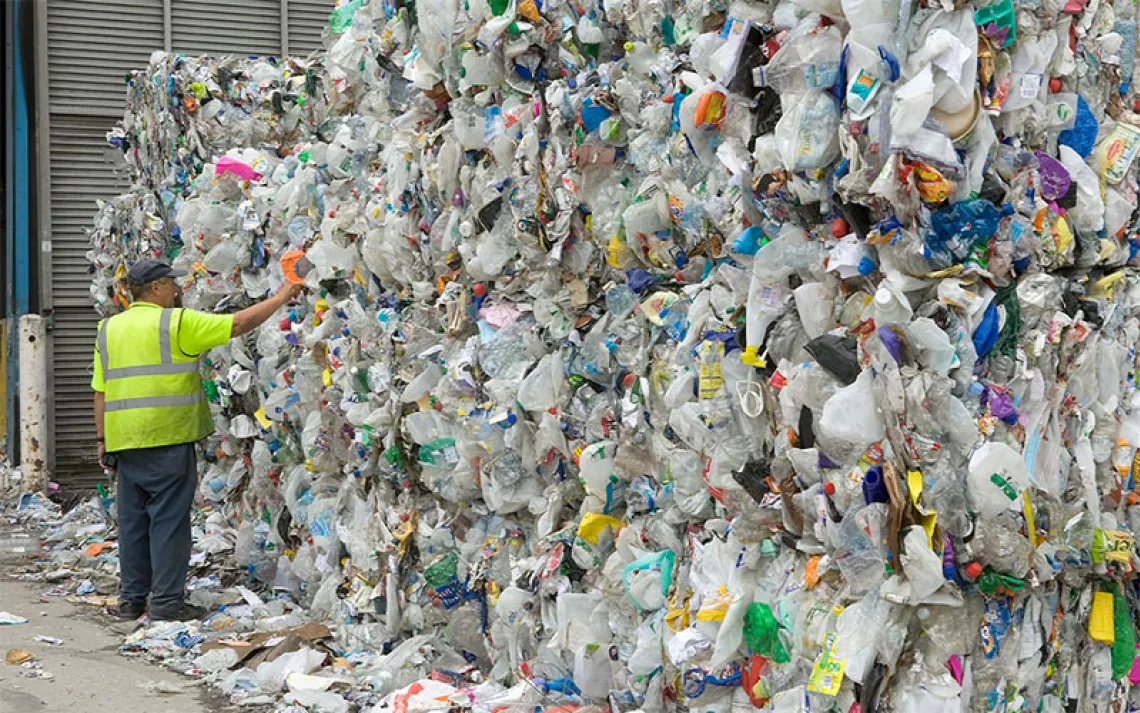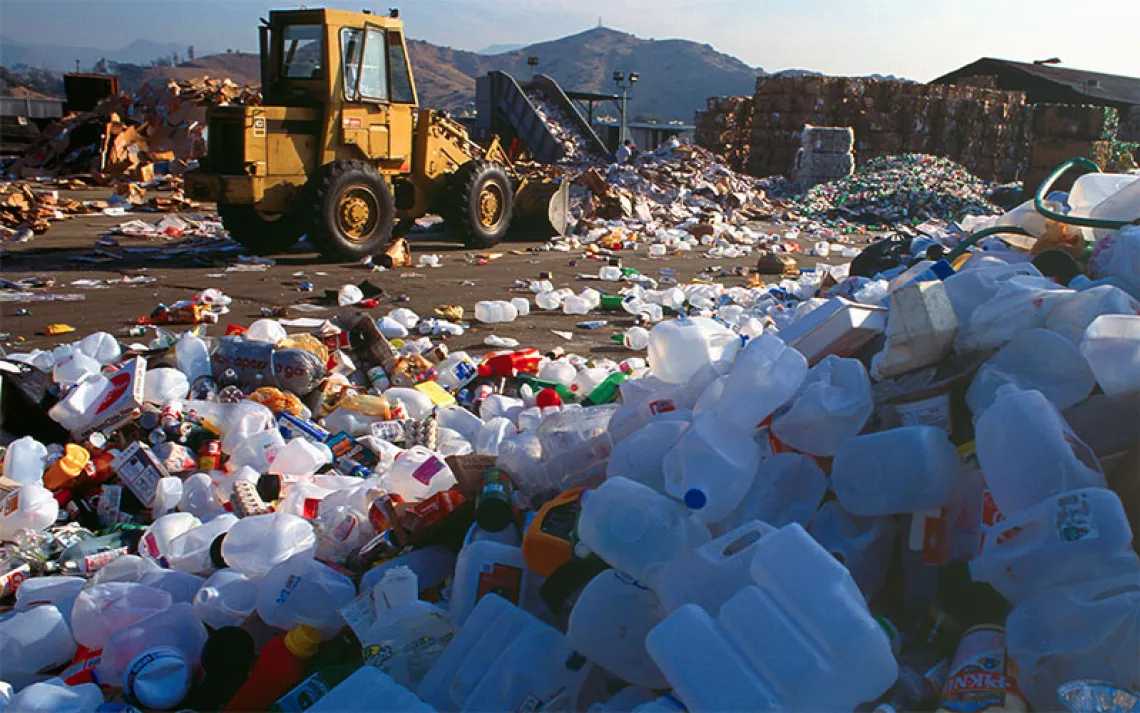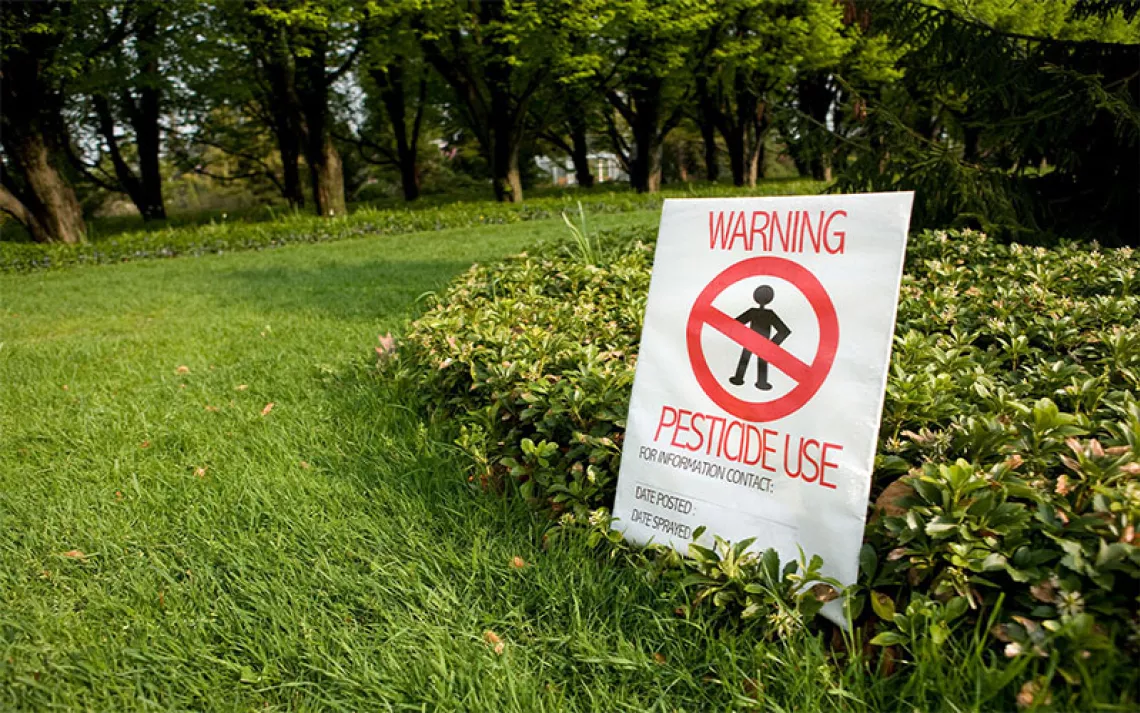Is "Organic" Dry Cleaning Really Organic?
Many businesses still need to clean up their act
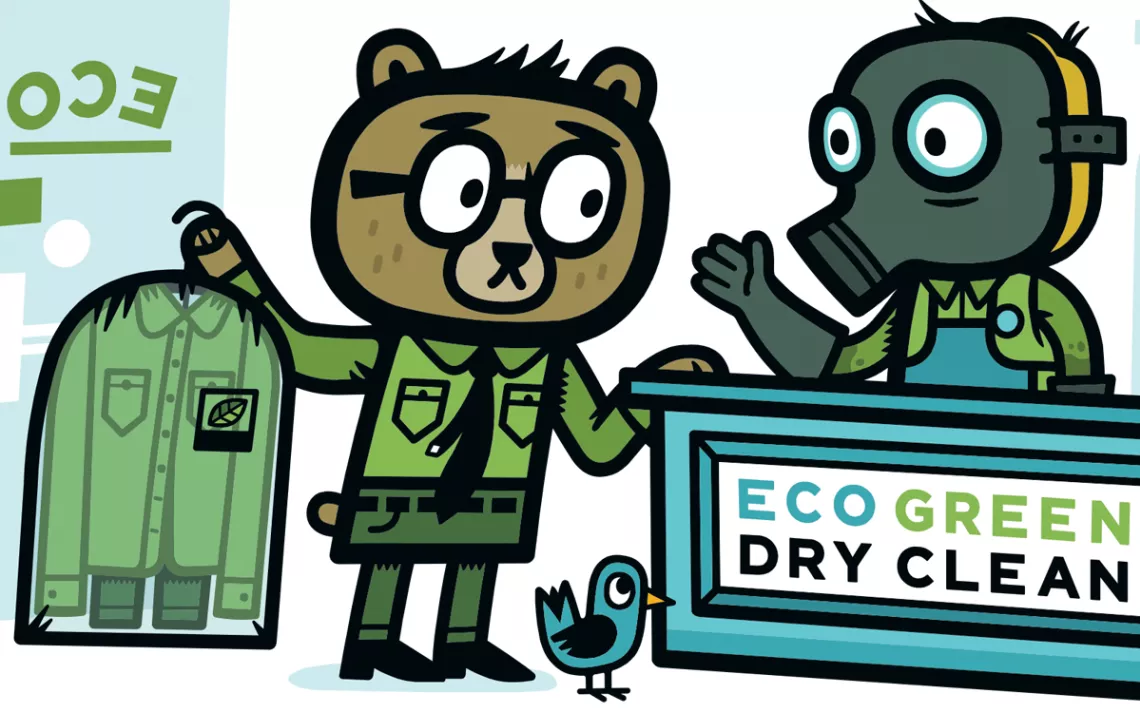
Illustration by Little Friends of Printmaking
Hey Mr. Green!
I want to find a way to dry clean my clothes that is environmentally friendly and safe for my health. Does an "organic" dry cleaner really fit the bill, or is it all just greenwashing?
⎯Jonathan in Oakland, California
The big problem with dry cleaning is the use of tetrachloroethylene, better known as perc. The International Agency for Research on Cancer classifies the chemical as a probable human carcinogen that can increase the risk of cervical and esophageal cancers as well as non-Hodgkin lymphoma. And a National Institutes of Health study found that exposure can raise the risk of Parkinson's disease. California banned the installation of new perc dry-cleaning machines in 2007 and mandated that all perc machines be taken out of service by 2023.
Meanwhile, there is no official certification process for organic dry cleaners, so don't assume they're good for you or the environment. Some self-styled organic dry cleaners have turned to a solvent known as DF-2000 as an alternative to perc. While studies have found DF-2000 to be less dangerous, the EPA classifies it as a neurotoxin. It's also not great for the planet: Manufacturers have to use petroleum to produce the stuff.
A safer alternative is the CO2 method, which converts carbon dioxide to a liquid form (then back into gas later) and combines it with nontoxic detergent instead of toxic chemicals. But not many cleaning outfits offer this option because the machinery is expensive.
The next time you need to clean your delicate clothes, try "wet cleaning," which involves regular water and detergent. Most "dry clean only" items can be safely cleaned that way. Look for a cleaner that offers that option, and ask whether it uses biodegradable soaps and softeners while you're at it.
 The Magazine of The Sierra Club
The Magazine of The Sierra Club
